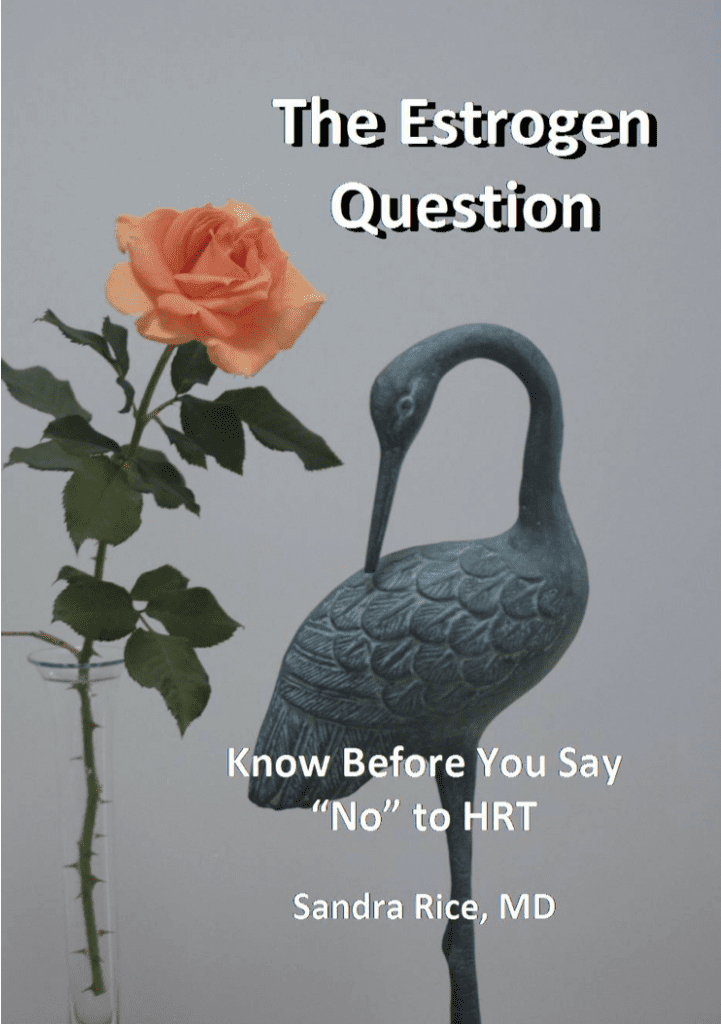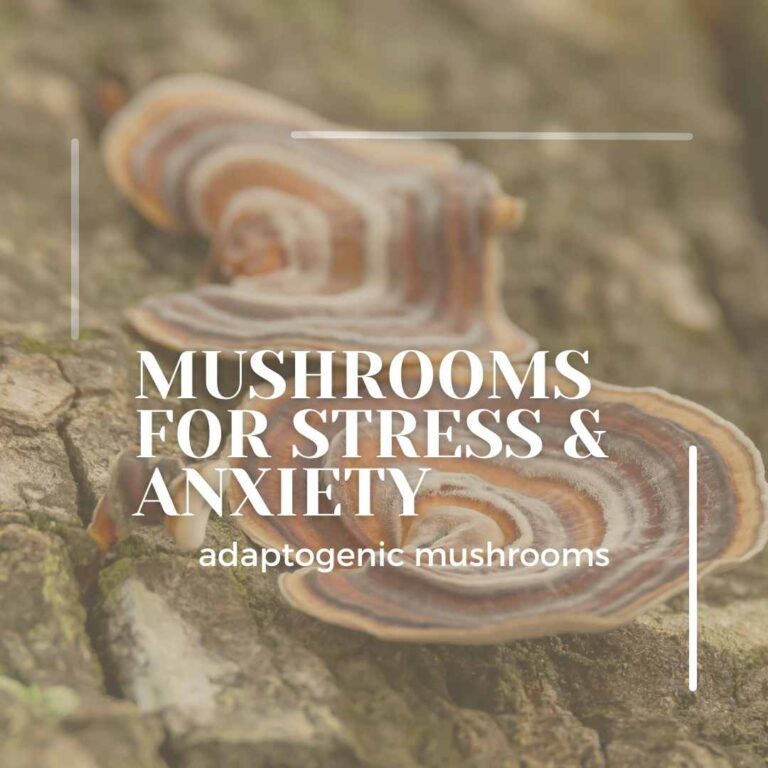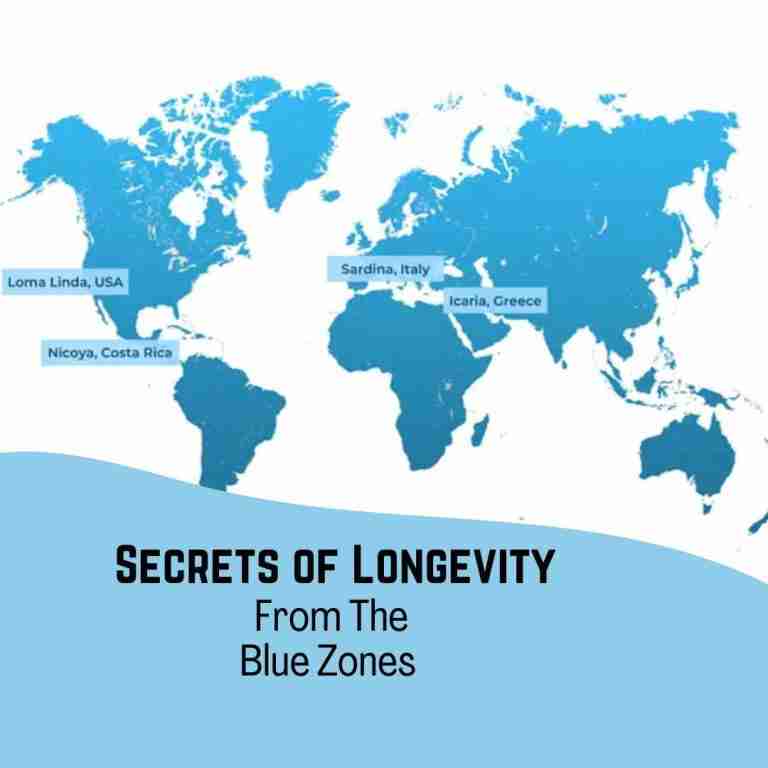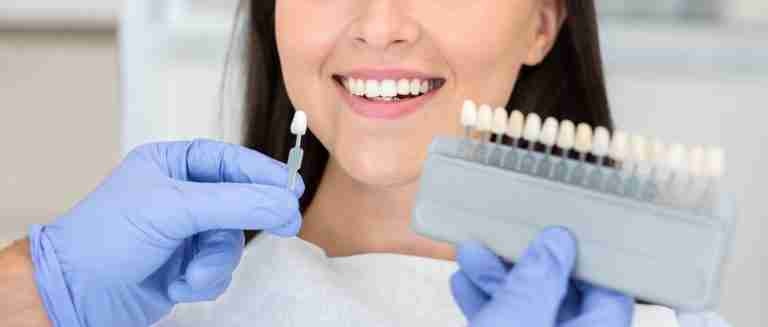Menopause and Hormone Replacement Therapy- What you need to know before you say “no”
The Estrogen Question, Know Before You Say No To HRT- Dr. Sandra Rice-Author
Why a woman’s ovaries mysteriously shut down around age 50 is a mystery. But this is an inevitable occurrence and marks a transition period in a woman’s life. In this day and age, it means that we will live another 20 or 30 years without our female hormones.
Many women don’t think much about this, nor question whether it is a good idea to live that long without estrogen circulating throughout the body. But there are many reasons why they should.
Learning more about hormone replacement therapy (HRT) is important for:
- Women going through menopause who are trying to decide whether or not to take estrogen.
- Women already taking estrogen who are trying to decide if they should continue.
- Women who are not taking estrogen but may be thinking . . did I miss the boat?
- Family members or of women taking estrogen who may be concerned about whether estrogen is safe.

Hormone Replacement Therapy Can Help With Overall Health and Aging
There are nine surprising facts about menopause and the encouraging news, all women should know. It’s time to educate yourself and learn more about hormone replacement therapy.
Estrogen- The Miracle Hormone For A Women’s Body
For instance, without estrogen, a woman’s muscle mass declines substantially, resulting in a loss of strength.
Estrogen also helps keep the eye pressure under control. Elevation of pressure inside the eye causes glaucoma which damages the retina and causes progressive loss of vision.
What did you say? Hearing acuity declines after menopause and studies have shown that the loss of estrogen affects the delicate structures in the ears that keep our hearing intact. This leads to problems hearing and hearing loss.
The research and findings about hormone replacement therapy are hopeful. The problem is that most women do not know all of the facts about the benefits of HRT. If you are approaching menopause, here are ten facts all women should know.
Women Need To Get Educated About What Estrogen Does In The Body
The fact is women need to get educated about what estrogen does for our bodies. At the same time, we all need to understand what happens to our bodies if we don’t take hormone replacement therapy.
Do you know that hormone replacement therapy can improve your overall health? As a practicing internal medicine specialist, I found that women are not informed how taking hormones can help prevent chronic disease.
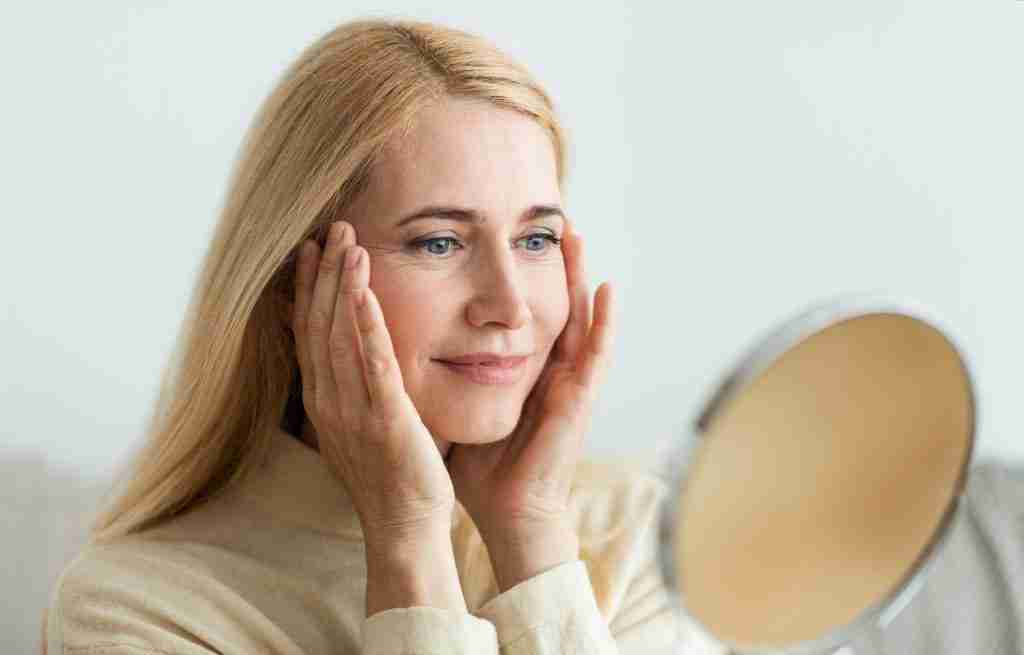
What Is Estrogen Good For Anyway?
Most women are aware that it is necessary for the development of our female sex organs, menstruation, and pregnancy. But beyond that, I don’t believe that many know all of the other vital roles that estrogen plays in the body.
If they did, they may think twice about whether or not they should take estrogen replacement therapy after menopause.
The fact of the matter is that estrogen plays critical roles in brain function, bone preservation, heart health, and just about every other organ system in the body.
So it stands to reason that after menopause, women will expect deterioration in many of these functions. And indeed, hundreds of scientific studies have clearly demonstrated this. And, not surprisingly, hormone replacement therapy (HRT) with estrogen products helps prevent much of this.
Yet, less than 15% of women take estrogen after menopause.
Estrogens And The Brain
Numerous studies have demonstrated that female sex hormones are involved in facilitating and preserving normal brain function.
This includes the production of important brain chemicals such as serotonin and acetylcholine, supporting the growth of nerve cells, and preventing nerve cell damage.
This explains why women frequently complain of “brain fog” during perimenopause and early menopause when estrogen levels are declining.
In addition estrogen helps prevent Parkinson’s disease and new research is showing how estrogen may play a role in preventing Alzheimer’s disease.
Estrogen’s Effects On Skin and Aging
Is there any proof that HRT helps aging skin? In my book, The Estrogen Question: Know Before You Say “No” to HRT, I describe the effects of estrogen, menopause, and hormone therapy on the skin.
Estrogen is very important in supporting and maintaining collagen and water content in the skin, two factors that influence skin thickness, elasticity, and moisture.
Research also indicates that hormones can improve wound healing and may decrease the risk of skin cancer.
You may know that healthy collagen is important to maintain healthy skin. Estrogen is necessary to promote good quality collagen.
After menopause the skin begins to age at an accelerated rate because the weakened collagen causes thinning of the skin layers, decreased elasticity, and problems maintaining skin hydration.
These changes lead to more fragile skin, wrinkling, and poor wound healing.
The Risks Of Estrogen Have Been Misrepresented And Misunderstood For Twenty Years
Women avoid HRT because they are under the impression that estrogen therapy is not safe and/or may increase cancer risk. This is because the benefits and risks of estrogen treatment have been misrepresented and misunderstood for the last twenty years.
Much of this stems from a major study called the Women’s Health Initiative (WHI) that led to guidelines that we now know are flawed in the way they have been applied – errors that have been acknowledged, but have not yet been formally revised. Thus, many healthcare providers are reluctant to encourage HRT.
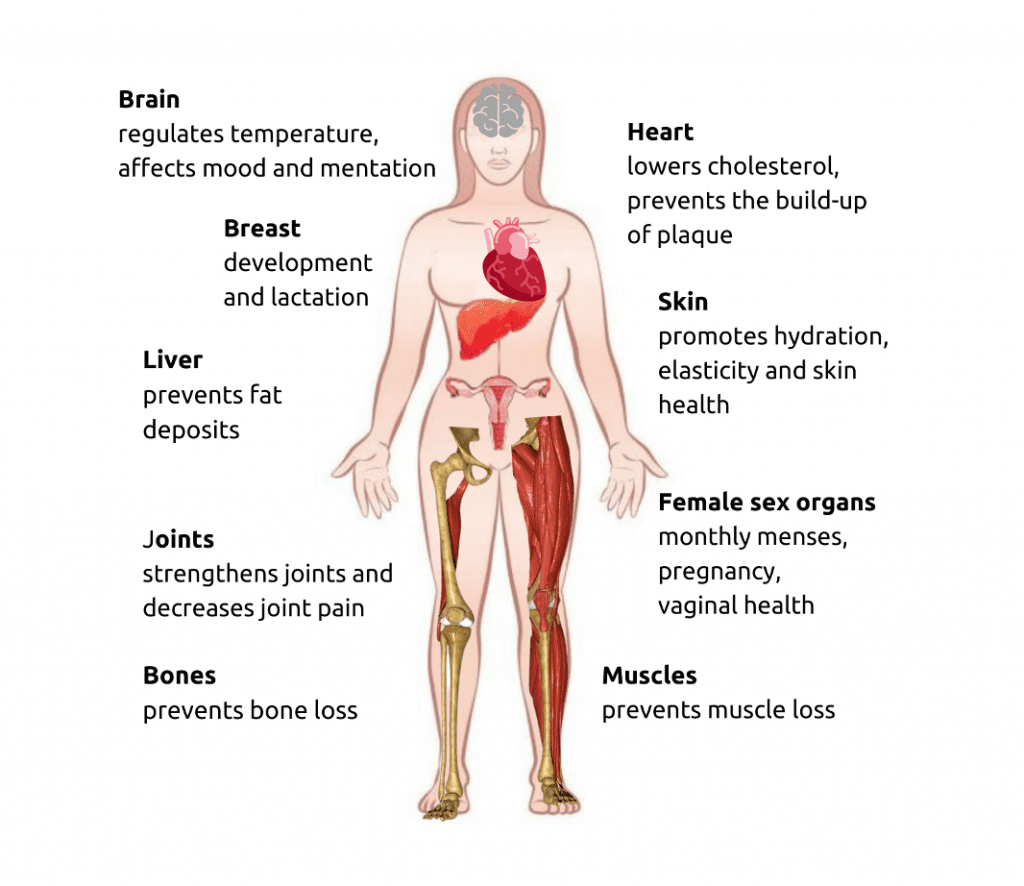
More Benefits of Estrogen HRT Over Other Drugs Prescribed
Estrogen is the most effective treatment for hot flashes and vaginal symptoms, stabilizes mood swings, improves sleep, prevents bone loss, lowers cholesterol, and decreases the risk of diabetes.
Yet rather than prescribe estrogen, many healthcare providers recommend anti-depressant drugs, sleeping pills, statin drugs, Fosamax, and diabetic drugs to address these problems.
As a physician who has treated thousands of women in mid-life and beyond, this concerns me. Estrogen can improve a woman’s quality of life and long-term health, and even prolong her life expectancy!
It’s important to know the facts. In my previous article: 10 Facts All Women Need To Know – About Menopause, including the common symptoms of menopause.
Women need reliable information about the effects of menopause on the body and the treatment options. They need to know the results of up-to-date studies and research on what we know about estrogen therapy.
That is why I have written, The Estrogen Question: Know Before You Say “No” to HRT.
Reading the book should answer any question you have about what estrogen does in the body, the risks and benefits of hormone treatment, and what hormones are the best to take to help you make an informed decision about HRT.
What are the types of hormone replacement therapy? What are estrogen skin patches? What are bio-identical hormones? What are the side effects of taking hormones? Do you combine progesterone with estrogen? What is the lowest effective dose? What kind of results from taking HRT can I expect? All these questions and more are addressed in my book.
To learn more about infertility and hormones, click here.
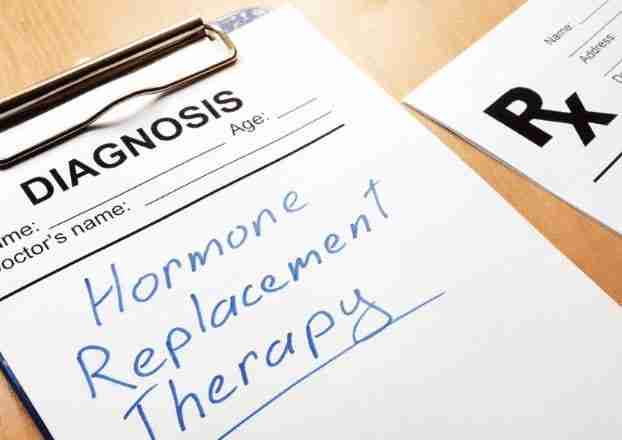
Below are references for some of the less commonly known issues with menopause:
General Scientific Research About Menopause and HRT
POSITION STATEMENT The 2017 hormone therapy position statement of The North American Menopause Society. Menopause. 2017;24(7):728-753
Estrogen and the Brain
Gillies GE, Pienaar IS, Vohra S, Qamhawi Z. Sex differences in Parkinson’s disease.Front Neuroendocrinol. 2014 Aug;35(3):370-84
Smith KM, Dahodwala N. Sex differences in Parkinson’s disease and other movement disorders.Exp Neurol. 2014 Sep;259:44-56.
Siddiqui AN, Siddiqui N, Khan RA, Kalam A, et. al. Neuroprotective Role of Steroidal Sex Hormones: An Overview. CNS Neurosci Ther. 2016 May;22(5):342-50
Barth C, Villringer A, Sacher. Sex hormones affect neurotransmitters and shape the adult female brain during hormonal transition periods. J.Front Neurosci. 2015 Feb 20;9:37
Estrogen and the Skin
Hall G; Phillips TJ. Estrogen and skin: the effects of estrogen, menopause, and hormone replacement therapy on the skin. Journal of The American Academy Of Dermatology. Oct 2005;53:1097-6787
Raine-Fenning NJ. et al. Skin aging and menopause: implications for treatment. Am J. Clin Dermatol. 2003;4:371-378
Hot flashes associated with heart disease
Biglia N, Cagnacci A, Gambacciani M, et al. Vasomotor symptoms in menopause: a biomarker of cardiovascular disease risk and other chronic diseases. Climacteric. 2017;20:306–12
Menopause causes belly fat
Sakuma K, Yamaguchi A. Sarcopenic obesity and endocrinal adaptation with age. Int J Endocrinol. 2013;2013:204:164
Menopause and muscle
Phillips SK, Rook KM, Siddle NC, et al. Muscle weakness in women occurs at an earlier age than in men, but strength is preserved by hormone replacement therapy. Clin Sci (Lond).1993;84:95-98
Joint issues and Estrogen
Chlebowski RT, Cirillo DJ, Eaton CB, et al. Estrogen alone and joint symptoms in the Women’s Health Initiative randomized trial. Menopause. 2018;25:1313-20
Spinal discs and estrogen receptors
Gruber HE, Yamaguchi D, Ingram J, et al. Expression and localisation of the estrogen receptor beta in annulus cells of the human intervertebral disc and the mitogenic effect of 17 betaestradiol. BMC Musculoskelet Disord. 2002;3:4
Liver Disease In Menopausal Women
Florentino GS, Cotrim HP, Vilar CP, et al. Nonalcoholic fatty liver disease in menopausal women. Arq Gastroenterol. 2013;50:180-185
Parkinsons and Menopause- The Interaction
Labandeira-Garcia J, Rodriguez-Perez A. Menopause and Parkinson’s disease. Interaction between estrogens and brain renin-angiotensin system in dopaminergic degeneration. Front Neuroendocrinol. Oct 2016;43:44-59
Glaucoma and Estrogen
Dewundara SS, Wiggs JL, Sullivan DA, Pasquale LR. Is estrogen a therapeutic target for glaucoma? Semin Ophthalmol. 2016;31:140-146
Hearing loss and Menopausal Women
Svedbrant J, Bark R, Hultcrantz M, Hederstierna C. Hearing decline in menopausal women—a 10-year follow-up. Acta Otolaryngol 2015;135
We are giving away several copies of this incredible book- enter down below
[rafflepress id=”30″]


